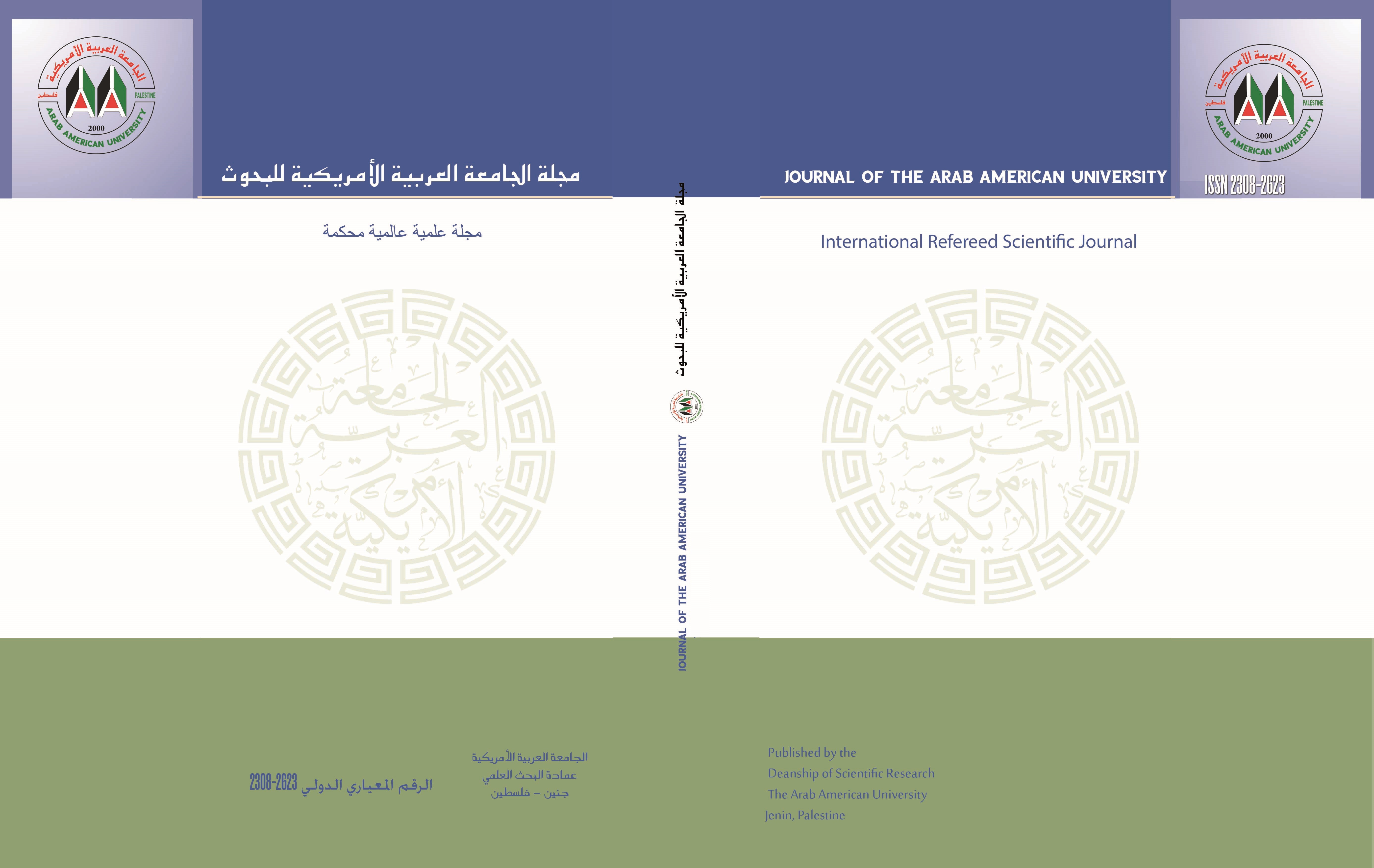Journal of the Arab American University مجلة الجامعة العربية الامريكية للبحوث

Abstract
The primary objectives of this study are to investigate the nature of the prevalent accounting standards in Palestine, their suitability to the Palestinian environment, and how to bridge the gap between them in order to enable Palestine to share the whole world the International Financial Reporting Standards (IFRS). This study used a stratified sample, which consisted of 82 subjects of both practitioners and academic groups in Palestine selected randomly from the population of accounting instructors in Palestinian universities, and professionals that included both the preparers and users of financial statements in the Palestinian environment mainly in the West Bank. Then, the researcher surveyed the views of the two groups to test the study’s six hypotheses through distributing a questionnaire specifically designed for this purpose. The findings of the study revealed that the majority of the respondents thought that Palestine is, to some extent, qualified to replace the American standards by IFRS in the Palestinian environment. In addition, and as perceived by the two groups, there are no differences between the practitioners and academic pertaining to their readiness to accept IFRS in their jobs. However, the two groups agreed that there are some obstacles, that constitute a challenge to move towards IFRS. Despite this agreement, the two groups had different views regarding the nature of these obstacles, such as the required budget for the conversion and how Palestinians view the deficiencies of the regulators in setting international GAAP, if any. Additionally, there are no differences between the views of both the academic and practitioners in Palestine pertaining to the importance of the potential advantages that may be gained from the conversion to the IFRS. They also agreed on the principle that Palestinian universities should organize some training programs and workshops for the investors, corporate managers and other competent bodies to make IFRS clearer and more familiar to these key players in the Palestinian environment. The study has also showed that the absence of professional exams based on IFRS is one of the reasons for the lack of consensus on IFRS in Palestine. However, the two groups did not reach an agreement on the following two issues: the obligatory use of IFRS and which scenarios are the best to adopt to switch to IFRS in Palestine.
Based on these findings, the study raised the points pertaining to the challenges that may encounter the move toward the IFRS in Palestine and provides some recommendations. These recommendations underlined the need for future studies, the review of the current accounting curricula, organizing workshops on how to implement IFRS in Palestine and preparing a well- defined schedule for the easy and smooth switch to IFRS.
Recommended Citation
Abu-Sharbeh, Tawfeeq
(2017)
"The Nature of Accounting Standards used in the Palestinian Financial Reporting,"
Journal of the Arab American University مجلة الجامعة العربية الامريكية للبحوث: Vol. 3:
Iss.
1, Article 1.
Available at:
https://digitalcommons.aaru.edu.jo/aaup/vol3/iss1/1

